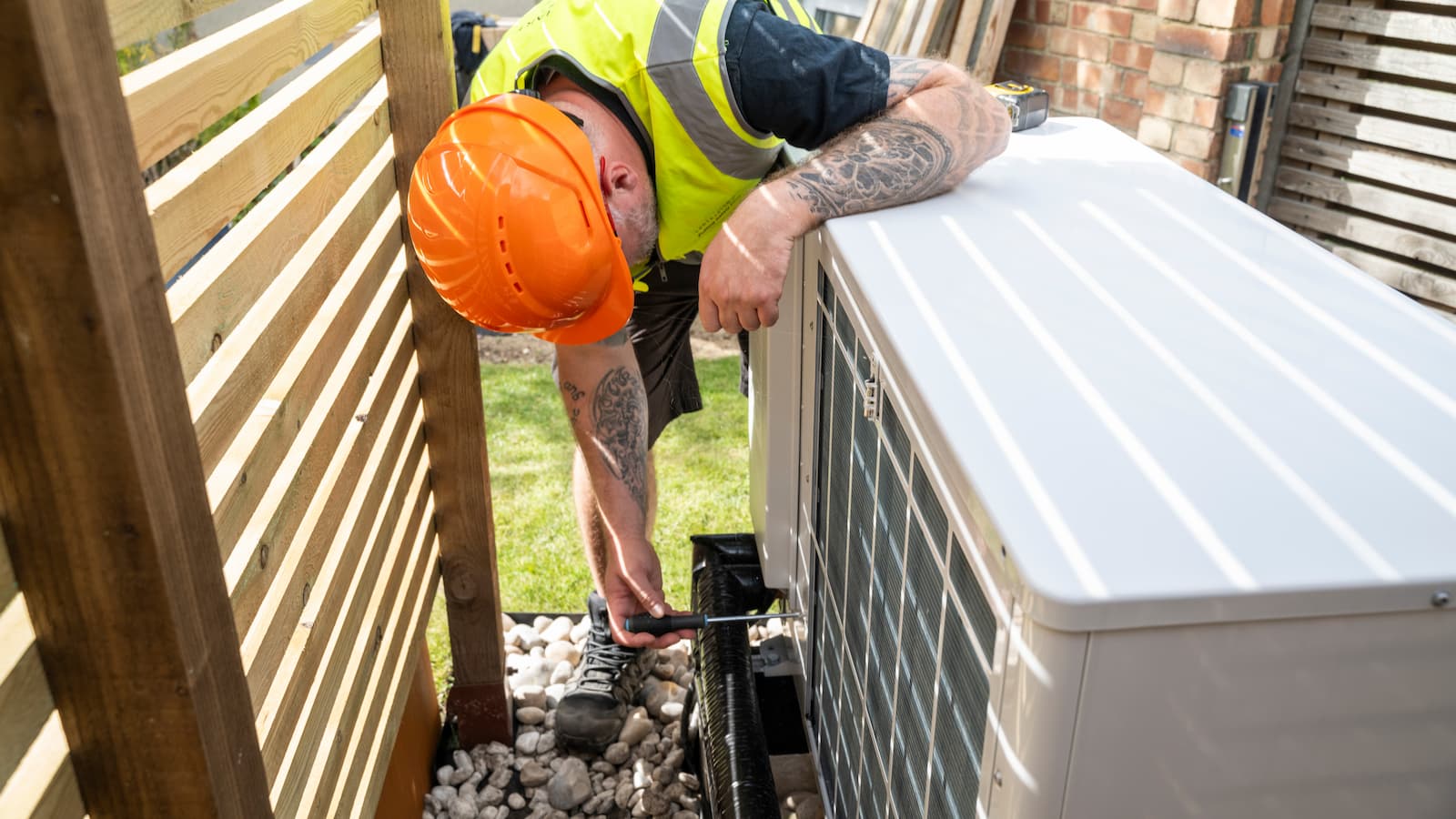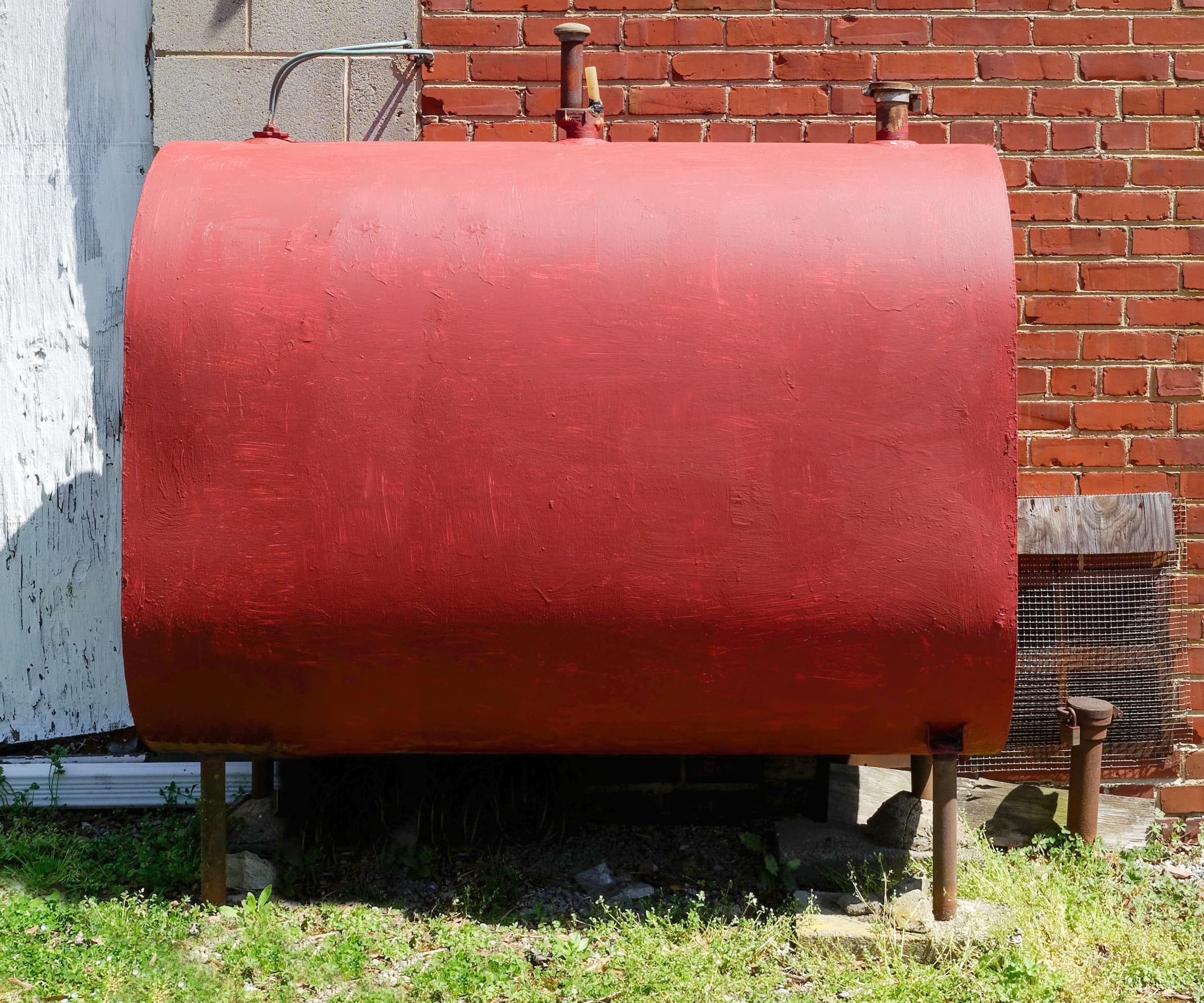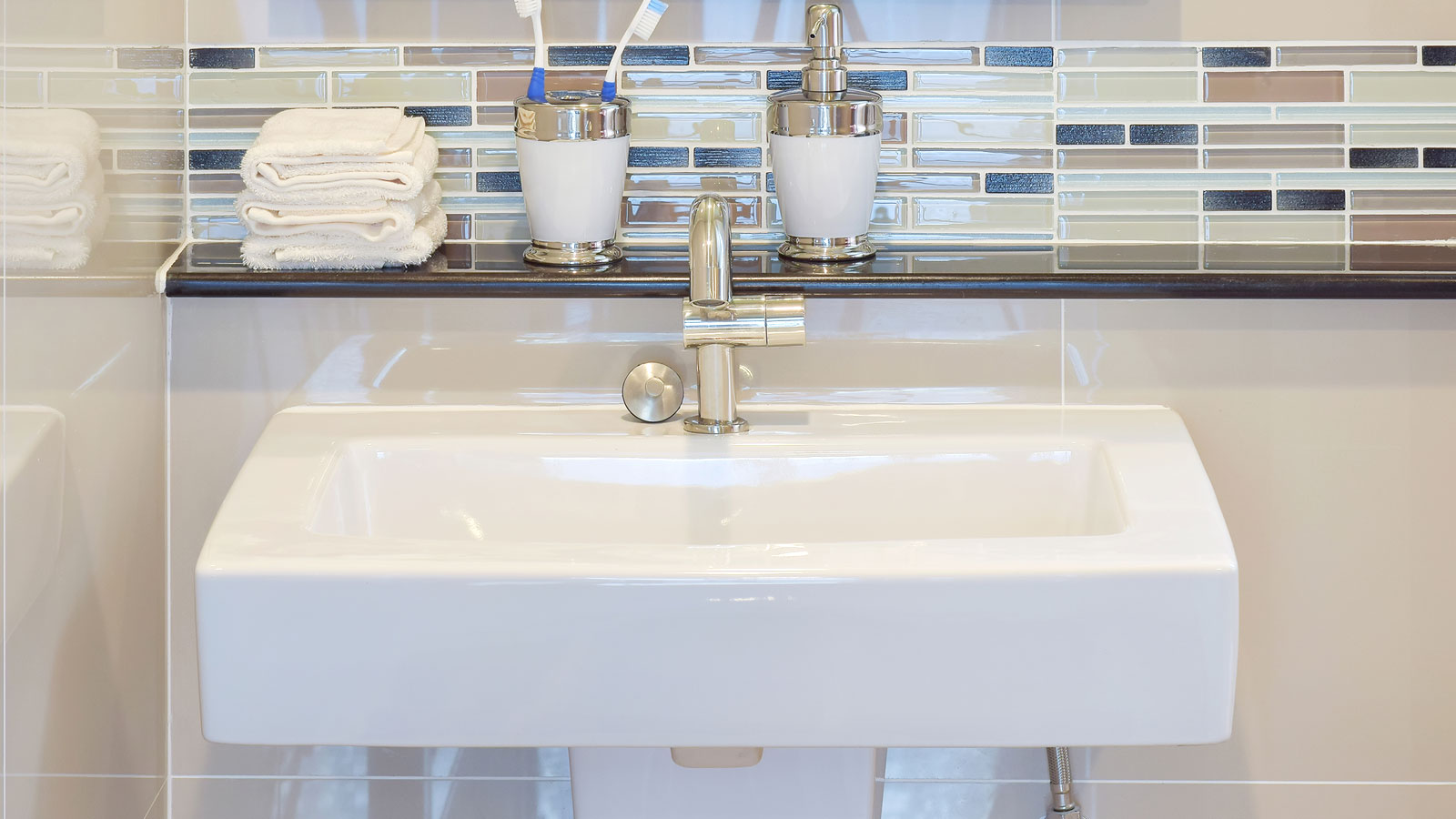Why are more people with oil boilers considering switching to heat pumps?
A new survey looks at the main reasons why homeowners with oil boilers are more likely to consider installing heat pumps

A survey has revealed that homeowners with oil boilers are more likely to consider switching to heat pumps compared to the rest of the population.
The Good Energy Company found that 53% of homeowners with oil boilers were considering the switch to air source heat pumps, whereas the national average was 40%.
Heat pumps less hassle than oil boilers
The survey that 78% of oil-heated households reported issues with their heating, compared to 58% of the general population.
Heat pumps provide far less hassle, according to experts, as oil boiler owners are legally responsible for preventing contamination to the surrounding environment as well as needing to monitor oil levels and schedule top ups, with oil prices fluctuating dramatically throughout the year.
Failure to prevent an oil leak can result in substantial fines, prosecution, and clean up costs potentially reaching tens or even hundreds of thousands of pounds – with oil tank owners often needing to take out oil spill insurance.
In contrast, if you have a heat pump, these require far less upkeep and attention.

Reduced price fluctuations
The survey also found that the majority of homeowners believed they would save money if they switched to heat pumps.
Bring your dream home to life with expert advice, how to guides and design inspiration. Sign up for our newsletter and get two free tickets to a Homebuilding & Renovating Show near you.
Oil prices are much more liable to change and be influenced by external factors, for instance, Russia's invasion of Ukraine, which caused homeowners' bills to rise by £250 a month.
Although price variations can also occur with electricity costs, which is used to run heat pumps, these are typically much less severe and these price variations come with warnings in advance from most energy suppliers providing more clarity over running costs. There is also the option to add solar panels to bring down electric prices to your home.
More carbon-friendly heating solution
Another priority for the 53% of oil boiler owners who were considering switching to heat pumps was reducing carbon emissions.
Almost all of the 1,500 respondents stated they believed heat pumps would reduce their carbon emissions, though they were unsure by how much.
Data from Good Energy shows that heating an average home with oil produces 5,200kg of carbon emissions annually, more than two return flights from London to New York.
However, switching to a heat pump running on grid electricity is claimed to reduce these emissions to just 850kg per year.
'Oil-heated homes should be among the first to go green'
Last year the government pushed back its commitment to introduce an oil boiler ban until 2035, but Good Energy believe the date should be brought forward with the Climate Change Committee's recommended deadline of 2028.
Good Energy Chief Executive Nigel Pocklington explained: “It is no wonder that people in oil-heated homes want to get off the ghastly stuff. Not only is oil terrible for the environment, it’s smelly, takes up space and the costs are unpredictable.
“We see no reason for either main political party to put off the inevitable end to oil heating.The UK has to decarbonise heating fast and off gas grid, oil-heated homes should be among the first to go green.”

News Editor Joseph has previously written for Today’s Media and Chambers & Partners, focusing on news for conveyancers and industry professionals. Joseph has just started his own self build project, building his own home on his family’s farm with planning permission for a timber frame, three-bedroom house in a one-acre field. The foundation work has already begun and he hopes to have the home built in the next year. Prior to this he renovated his family's home as well as doing several DIY projects, including installing a shower, building sheds, and livestock fences and shelters for the farm’s animals. Outside of homebuilding, Joseph loves rugby and has written for Rugby World, the world’s largest rugby magazine.
